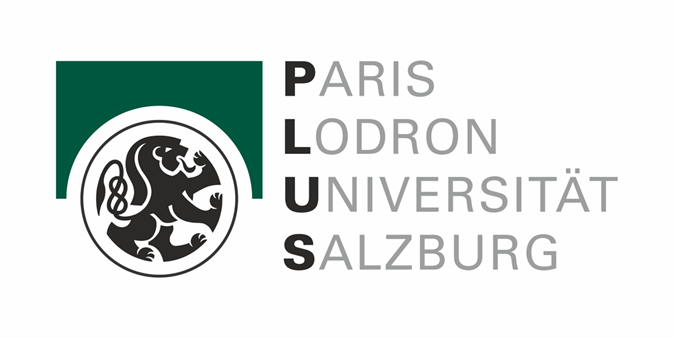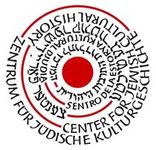בולוס
Grammatical information: noun m.
Translation: round object; ball
Translation equivalent: βῶλος(Ancient Greek+)
Usage:
Domain: artefacts
Socio-cultural norm: core borrowing
Normativity: standard
Meaning type: lit.
Geographic distribution: Syriac Aramaic
ר' יצחק ור' שמעון בן לקיש ר' יצחק אמר בשר ודם מותח אהל אננקי על ידי שהות הוא רפי קימאה, ברם הכא התרקיע עמו לשחקים, ואין תאמר שהן רפין תל' לו' חזקים, ריש לקיש אמר בשר ודם מוסך בולוס [K V כלים] אננקי על ידי שהות הוא מעלה חלודה ברם הכא חזקים כראי מוצק נראים כמין תרקיה
12,13 [I 111: 5]
R. Yiṣḥaq and R. Shimʿon ben Laqish. R. Yiṣḥaq said: when a man sets up a tent in hurry, after a while it will get slightly slacken, but here: Canst thou with Him spread out the sky? (Hi 37,18) And if you say that they are slack, the Scripture says: strong [as a molten mirror] (ibid.). Resh Laqish said: When a man makes in hurry a casting in form of a round object, after a while it will get rusty, but here: strong as a molten mirror [ibid.] - they [the heavens] look like a vault.
תרקיה
= Yalq 19 [6b: 31] (כלים); Yalq Jes 450 [397c: 27] (כלים); yBer 1,1 [3: 49] (כל(ו)[י?]ם)
Cf. Krauss, LW II 141ab. Cf. Levy I 200a, explaining as Gr. βέλος, which is a mistake (corr. by Fleischer 284b). Jastrow 162b traces back to Hebr. root בלל 〈bll〉, cf. ibid. 145b. From the context of GenR may be followed that the ball was made of iron (since it becomes rusty); Sokoloff therefore translates as “round object of iron” (cf. Sokoloff 68b for further sources). Ox 2 represents the same lemma with Aram. suff. used in Aramaic context (cf. Krauss ibid. II). The reading כלים 〈klym〉 |kelim| “vessels”, preserved in K, V and various other parallels, is a later emendation. For Syr. ܒܘܠܣܐ 〈bwlsʾ〉 cf. Sokoloff, SL 127a. Cf. בולרין, בול
Bibliography:
Sokoloff, DJPA, 68b.
How to cite: Art. בולוס in: Dictionary of Loanwords in Rabbinic Literature. Eds. . https://lrl.acdh.oeaw.ac.at/bolos.html. 2024.



